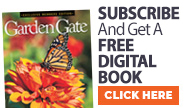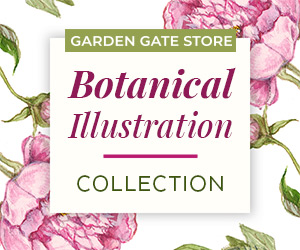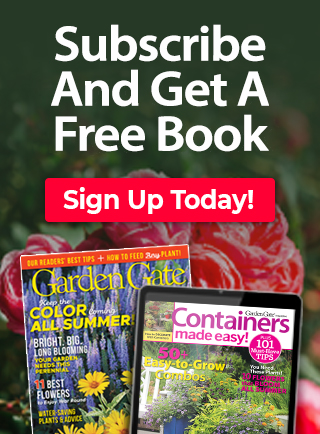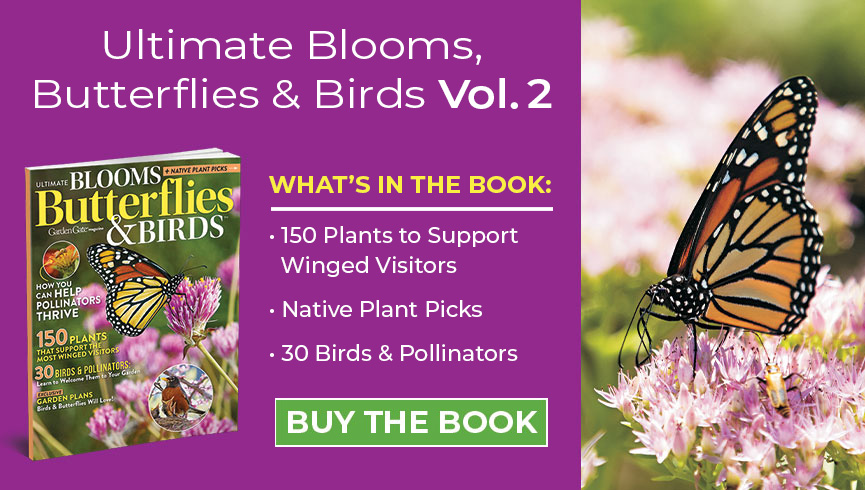Hummingbirds are a fascinating species known for their agility, vibrant colors, and rapid wing movements. To attract these tiny birds to your yard and provide them with a nutritious food source, it’s important to understand what hummingbirds can and can’t eat. While they primarily feed on nectar from flowers, they also consume small insects and spiders to supplement their diet with protein and nutrients.
In this short post, we’ll explore the different types of food that hummingbirds can eat and those that you should avoid. This will help ensure that you provide a safe and nourishing environment for these delightful feathered creatures.
What Hummingbirds Can Eat
Nectar
Nectar is the primary food source for hummingbirds. It’s a sweet liquid that comes from flowers. You can replicate this through homemade or store-bought hummingbird nectar. The nectar should be a mixture of four parts water to one part sugar, with no additives or artificial sweeteners. Place the mixture in a hummingbird feeder for them to enjoy. And remember that it’s essential to provide fresh nectar and clean the feeders regularly to prevent the growth of mold or bacteria.
Insects
Hummingbirds are insectivores and rely on small insects and spiders for protein. They catch these tiny creatures mid-air or pluck them from leaves and spider webs. While hummingbirds can find insects in their natural habitat, you can also attract more insects to your garden by planting native plants that support a thriving ecosystem.
Tree Sap
Hummingbirds occasionally consume tree sap for its high sugar content. They may seek sap from tree wounds or sap wells created by sapsuckers. While sap is not a significant part of their diet, it can provide an additional energy source, especially during periods when nectar sources are scarce.
What Hummingbirds Can’t Eat
Artificial Sweeteners
Hummingbirds cannot digest artificial sweeteners like those found in diet sodas or sugar substitutes. These substances can be toxic to them and may lead to health issues. This is why it’s so crucial to stick to natural sugars when preparing nectar for hummingbirds.
Honey
While honey is a natural sweetener, it’s not recommended for hummingbirds. Honey can promote the growth of harmful bacteria and fungi in their feeders, potentially causing diseases.
Red Dye
Some commercial hummingbird nectars contain red dye to attract hummingbirds. However, these dyes can be harmful and may have adverse effects on the birds’ health. It’s advisable to avoid using nectar with artificial coloring and opt for natural alternatives.
Fruit Juice
Fruit juice, including citrus juices, isn’t a suitable substitute for hummingbird nectar. These juices can ferment quickly, leading to bacterial growth and potentially harming the hummingbirds. Stick to the recommended four parts water to one-part sugar ratio when making nectar.
Creating a Safe and Nutritious Environment
To provide a safe and nutritious environment for hummingbirds, follow these tips:
-Offer fresh nectar in clean feeders, replacing it every two to three days, especially in hot weather.
-Clean feeders regularly with hot water and mild soap to prevent the buildup of mold or bacteria. -Avoid using pesticides in your garden, as they can be harmful to hummingbirds and their food sources.
-Plant native flowering plants that can provide a natural nectar source and attract insects for the birds’ protein needs.
-Provide a water source like a shallow birdbath for hummingbirds to bathe and drink in.
Conclusion
By understanding what hummingbirds can and cannot eat, you’ll be able to create a welcoming environment that supports their health and well-being. Remember to stick to a simple homemade nectar recipe of sugar and water, and ensure that you prepare and store it properly to prevent spoilage and fermentation. Keep your hummingbird feeders clean and free from mold and bacteria and regularly change the nectar as well. And don’t forget to enjoy the beauty and grace of these remarkable birds as they visit your yard!
















